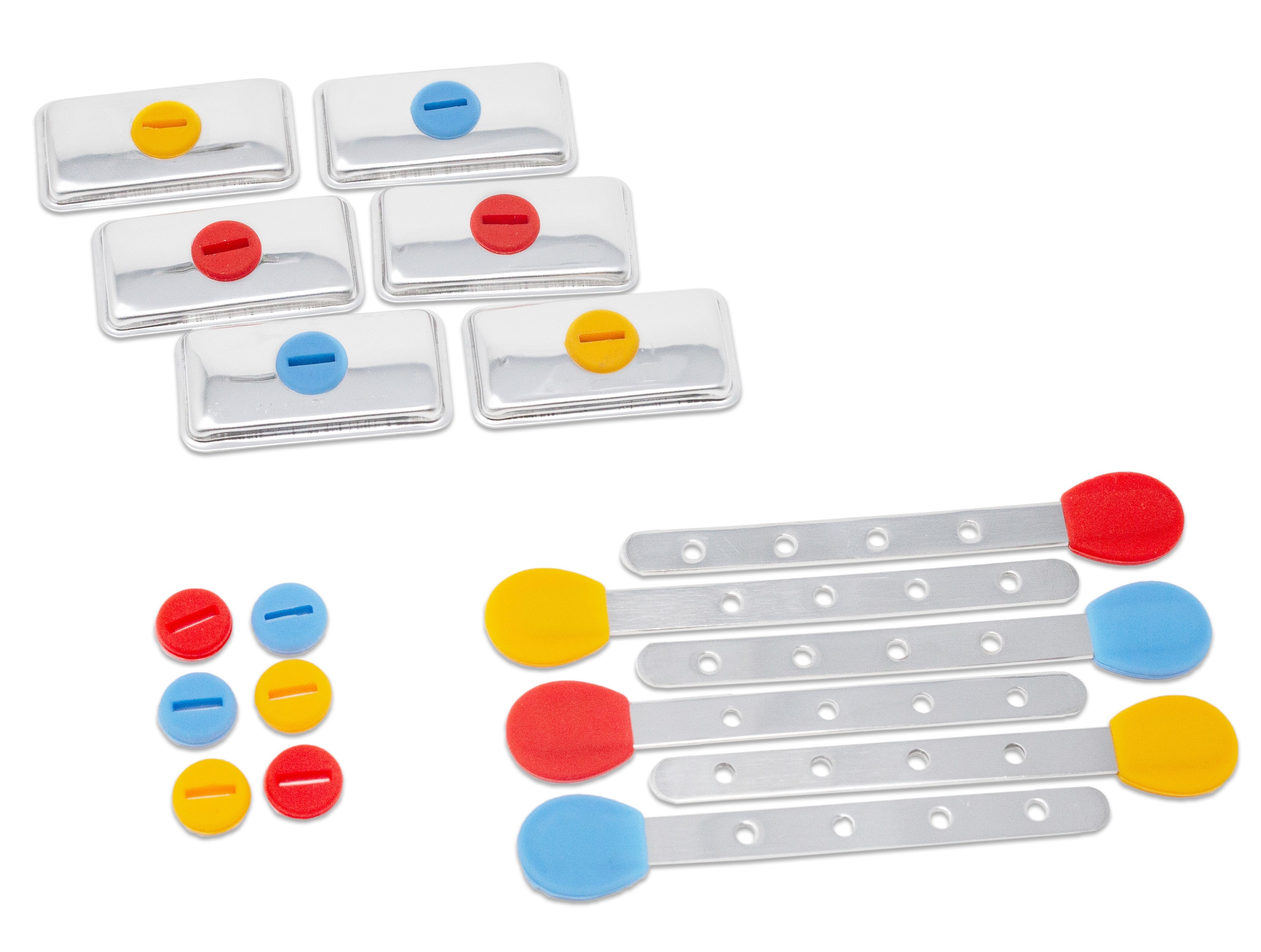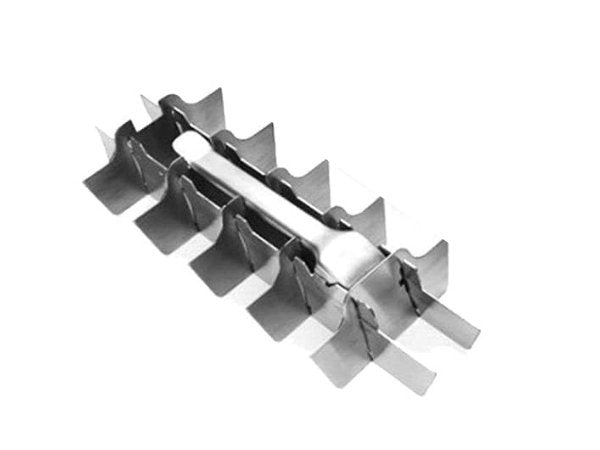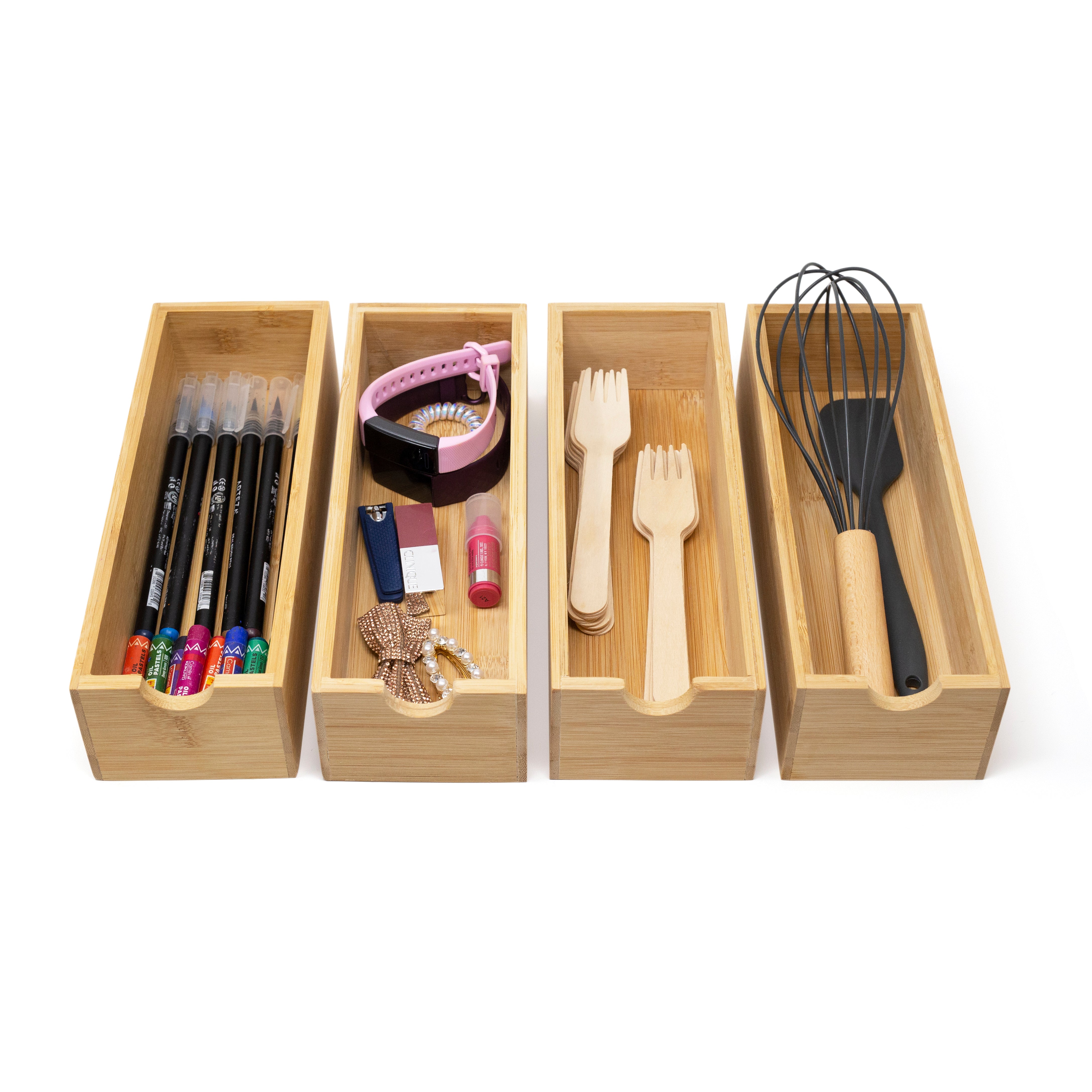5 Benefits of Downsizing to a Sustainable Home
More and more people are embracing the idea of living smaller and smarter. The trend of downsizing to a sustainable home is gaining popularity, and for good reason. It’s not just about cutting down on square footage—it's about adopting a lifestyle that prioritizes sustainability, simplicity, and purpose. By choosing to live in a smaller, eco-friendly space, you can reduce your environmental impact while also reaping a surprising number of personal benefits. This shift can lead to greater financial freedom, less stress, and a more fulfilling life overall. Let’s explore how making the switch to a more sustainable home can transform the way you live, save, and thrive.
How to Transition Safely to Your New Home
If you're choosing to embrace a freer life with less stress, starting with a chaotic moving experience isn’t the best approach. Transitioning to your new home should feel exciting, not overwhelming. A professional moving company can help make this process smoother and more manageable. For instance, navigating tight streets and finding parking in bustling New York City can be a logistical nightmare. A skilled moving company understands these challenges and can efficiently handle everything from packing to transporting your belongings, allowing you to focus on settling into your new space. By trusting Heart Moving Manhattan, NYC, you can ensure a seamless transition that aligns with your desire for a simpler, more peaceful lifestyle.
#1: Lower Living Costs
One of the biggest perks of downsizing to a sustainable home is the immediate impact on your wallet. Smaller homes naturally consume less energy for heating, cooling, and powering your everyday life. This means lower utility bills every month, from electricity to water and gas. But the savings don’t stop there. With fewer rooms to maintain, you’ll spend less on repairs, cleaning, and overall upkeep. Even the cost of owning the home itself goes down—smaller properties typically come with lower property taxes and insurance premiums. Plus, energy-efficient features often found in sustainable homes, like solar panels or smart thermostats, further reduce costs. In fact, living in a compact, eco-friendly home can reduce your overall housing expenses by up to 30%, leaving you more money for what really matters.

#2: Reduced Environmental Impact
Choosing to downsize to a sustainable home helps lower your environmental footprint in ways you might not expect. Smaller homes require fewer building materials, meaning less strain on natural resources from the start. With less space to fill, you’re also encouraged to buy and consume fewer goods, reducing waste and clutter. Many sustainable homes are designed with eco-friendly features, such as solar panels, energy-efficient appliances, and sustainable materials like bamboo or reclaimed wood. These features help conserve energy and reduce water usage. In fact, a small, energy-efficient home can use up to 60% less energy than a traditional large house, significantly reducing your carbon emissions.
#3: Easier to Maintain and Clean
Living in a smaller home means fewer chores and less upkeep. With less square footage, cleaning becomes quicker and more manageable—no more spending hours vacuuming or dusting endless surfaces. In a smaller space, it’s easier to keep things organized, making your daily life less hectic. There’s simply less room for clutter to pile up, which helps create a more streamlined, peaceful environment. Maintenance tasks like repairs, painting, or yard work are reduced, too, saving you both time and money. Fewer appliances and systems to worry about means fewer things to break down. You might also enjoy the benefit of smaller outdoor spaces, making lawn care or gardening more enjoyable and less of a burden. All of this adds up to less stress and more time for hobbies, family, and the things you love.

#4: Freedom and Flexibility of Downsizing to a Sustainable Home
Downsizing opens up a world of freedom and flexibility you may not have experienced in a larger home. With less space to manage, you can easily adapt to changes in your lifestyle. Whether moving closer to your workplace, relocating to a new city, or simply traveling more often, a smaller home offers the mobility you need. You won’t be tied down by the responsibilities of a large property, allowing you to focus on experiences rather than maintenance. This flexibility often leads to opportunities you might have previously overlooked. Imagine having the ability to pick up and go on spontaneous weekend trips or extended vacations without worrying about managing a large home while you’re away. Additionally, living in a more compact space often means being closer to city centers or nature, making it easier to explore your surroundings.
#5: A Simpler, More Mindful Lifestyle
Embracing a smaller living space often leads to a simpler, more mindful lifestyle. When you downsize, you naturally start to evaluate what truly matters to you. With fewer possessions, you can focus on experiences and relationships instead of being bogged down by material things. This process encourages mindfulness, as you become more aware of your consumption habits and their environmental impact. Living in a sustainable home often means prioritizing quality over quantity—choosing items that bring joy and serve a purpose rather than accumulating unnecessary clutter. You’ll likely find that a decluttered environment fosters a clearer mind, allowing you to feel more at peace in your daily life. Research shows that minimalistic living can reduce stress levels and improve mental health.

Embrace the Benefits of Downsizing to a Sustainable Home
In summary, downsizing to a sustainable home offers numerous benefits that extend beyond just reducing your living space. The advantages are clear – from lower living costs and reduced environmental impact to easier maintenance, increased freedom, and a simpler lifestyle. Choosing a smaller, eco-friendly home can lead to significant savings and a more fulfilling way of life. By embracing this change, you lighten your financial load and contribute positively to the planet. Consider how downsizing could open up new opportunities and enrich your life. It’s not just about living smaller; it’s about living better.


































